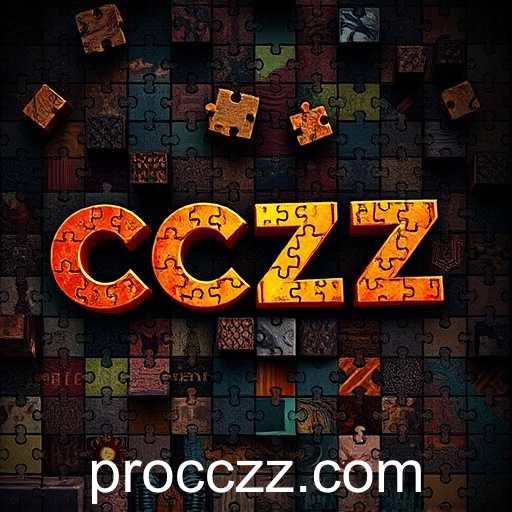Dive into the mesmerizing world of puzzle games, a genre defined by its engaging challenges and mental stimulation. This article explores the unique characteristics of puzzle games and the appeal embodied by the keyword 'cczz'.
Puzzle games have carved a distinctive niche in the gaming world, beloved by players for their ability to engage the mind while providing a sense of accomplishment and enjoyment. From classic jigsaw puzzles to modern digital masterpieces, puzzle games require players to employ logical thinking, pattern recognition, and problem-solving skills to progress. These games are characterized by their intellectual challenge, varying complexities, and the satisfaction they deliver when a puzzle is solved.
One notable aspect of puzzle games is their versatility. They can be simple or intricate, short or lengthy, making them suitable for players of different ages and skill levels. Traditional puzzles like Sudoku, crosswords, and Rubik's cubes have long been popular for their capacity to entertain while sharpening mental acuity. Meanwhile, modern puzzle video games such as Tetris, Portal, and Monument Valley offer dynamic and visually appealing experiences that captivate the imagination.
The keyword 'cczz' can be seen as a reflection of the puzzle genre's essence—coded as an enigma waiting to be deciphered. This term evokes the intrinsic mystery and challenge found within each puzzle game, inviting players to decode the unknown and discover the meaning behind seemingly random letters.
Puzzle games often incorporate narrative elements as well, offering players context and purpose. Titles like The Room and Myst transport players to immersive worlds where each puzzle solved unveils more of the storyline, blending gameplay with narrative mastery. Such integration enriches the player's experience and increases engagement by combining cognitive tasks with storytelling.
Moreover, puzzle games serve as excellent tools for cognitive development and mental exercise. They are often employed in educational contexts to enhance problem-solving abilities and strategic thinking. Research has shown that engaging in puzzle-solving activities can improve short-term memory, enhance brain processing speed, and boost overall mental agility.
In the digital age, the puzzle genre continues to evolve, incorporating augmented reality and virtual reality technologies to enhance interactivity and realism. This evolution broadens the possibilities for puzzle design and immerses players even further into the worlds they explore.
In summary, puzzle games stand out as a unique and cherished category within the gaming industry. They present a harmonious blend of intellectual challenge and entertainment, encouraging players to apply their minds while enjoying the thrill of discovery. As we ponder the meaning of 'cczz', it becomes a symbol of the infinite potential and depth found within the realm of puzzle games, inspiring us to delve deeper into the labyrinth of logic, creativity, and fun.




